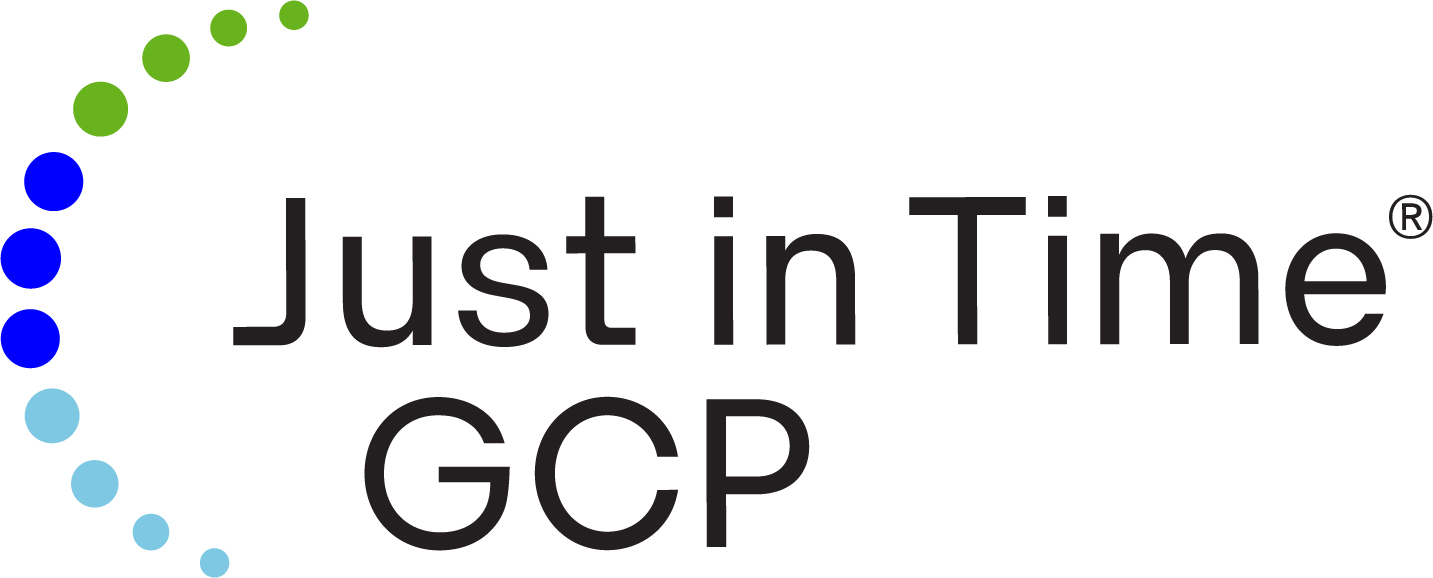Good Clinical Practice (GCP) is an international ethical and scientific quality standard for the design, conduct, performance, monitoring, auditing, recording, analyses, and reporting of clinical trials. It serves to protect the rights, integrity, and confidentiality of trial subjects. Ensuring compliance with GCP principles is crucial in clinical trials. This article will highlight four key reasons why following GCP compliance principles is essential.
1. Protects the Human Subject
Compliance with GCP ensures that clinical research trials are conducted ethically, with informed consent from participants and appropriate oversight.
Explanation
Ethical conduct in clinical trials is not just a regulatory requirement but a moral obligation. GCP mandates that all participants provide informed consent before taking part in a trial. This process involves informing participants about the trial’s purpose, the procedures involved, potential risks and benefits, and their rights as participants.
Hypothetical Example
In a clinical trial for a new vaccine, participants must be fully informed about the purpose of the trial, the potential risks and benefits, and their rights as participants. This is achieved through an informed consent form. This process ensures that participants are aware of what they are consenting to, thus protecting their rights and well-being. For instance, if participants are not informed about potential side effects, they cannot make an educated decision about their participation, potentially leading to ethical violations and harm.
2. Prioritizes Patient Safety
Good Clinical Practice ensures that clinical trials are conducted ethically and with the safety of participants as the top priority. Following GCP guidelines helps minimize risks to participants by ensuring that trial protocols are scientifically sound and patient data is collected and reported accurately.
Explanation
Patient safety is paramount in clinical trials. GCP guidelines include stringent requirements for protocol design, which must be scientifically sound and ethically justified. These protocols include detailed plans for monitoring patient health and managing adverse events. Accurate data collection and reporting are also critical, as they ensure that any potential risks are identified and addressed promptly.
Hypothetical Example
In a clinical trial for a new cancer drug, GCP compliance ensures that the dosage and administration of the drug are carefully monitored to minimize the risk of safety events. This meticulous attention to patient safety can prevent adverse effects and ensure that any risks are promptly addressed. For example, if a participant exhibits severe side effects, GCP guidelines would require immediate action to modify the treatment or discontinue the participant’s involvement to prevent further harm.
3. Meets Inspection Readiness
GCP compliance is a global regulatory requirement. Regulatory bodies such as the FDA and EMA require that clinical trials adhere to GCP guidelines to ensure that the data generated meets their standards for review and approval. Regulatory inspections confirm GCP adherence as it relates to human subject protection, subject safety, and data integrity, ultimately ensuring that the study was conducted to GCP standards.
Explanation
Being prepared for regulatory inspections is crucial for any clinical trial. GCP compliance ensures that all aspects of the trial are thoroughly documented and can withstand scrutiny from regulatory bodies. These inspections verify that the trial was conducted ethically, the data collected is reliable, and that participants were not exposed to unnecessary risks.
Hypothetical Example
Consider a clinical trial undergoing an FDA inspection. The inspectors will review all documentation, including the Trial Master File (TMF), to ensure regulatory compliance and that GCP guidelines were followed. They will check informed consent forms, monitor reports, and data records. If any discrepancies are found, it could jeopardize the trial’s approval. Thus, adhering to GCP ensures that the trial can pass inspections and proceed without regulatory issues.
4. Gains Global Acceptance
GCP is recognized internationally as the standard for the design, conduct, and reporting of clinical trials. Compliance with GCP guidelines enhances the credibility of trial data and increases the likelihood of acceptance by regulatory authorities worldwide.
Explanation
International recognition of GCP standards means that clinical trial data can be accepted by regulatory bodies in multiple countries, facilitating the approval process for new drugs and treatments. This global acceptance is critical for pharmaceutical companies looking to market their products internationally.
Hypothetical Example
If a pharmaceutical company conducts a clinical trial in multiple countries, following GCP guidelines ensures that the data generated from the trial is accepted by regulatory authorities globally. This international recognition facilitates the approval process in different regions, streamlining the path to market for new treatments. For instance, a drug trial conducted in the U.S., Europe, and Asia that adheres to GCP standards can have its data accepted by the FDA, EMA, and other regulatory bodies, expediting the drug’s approval process in multiple markets.
How Just in Time GCP Can Help
Just in Time GCP consultants are experts in GCP compliance and TMF management. They offer services in areas such as systems implementation, process development, TMF management, training, and audit to ensure your organization is confidently prepared for any inspection. Just in Time GCP works with your team to ensure an inspection-ready TMF and help minimize these risks.
By partnering with Just in Time GCP, you can ensure that your clinical trials are conducted in accordance with GCP guidelines, protecting participants, ensuring patient safety, meeting regulatory requirements, and achieving global acceptance. Their expertise in GCP compliance and TMF management means that you can focus on the scientific and medical aspects of your trial while they handle the regulatory and compliance aspects, ensuring a smooth and successful trial process.
~Donna Dorozinsky, Founder & CEO

